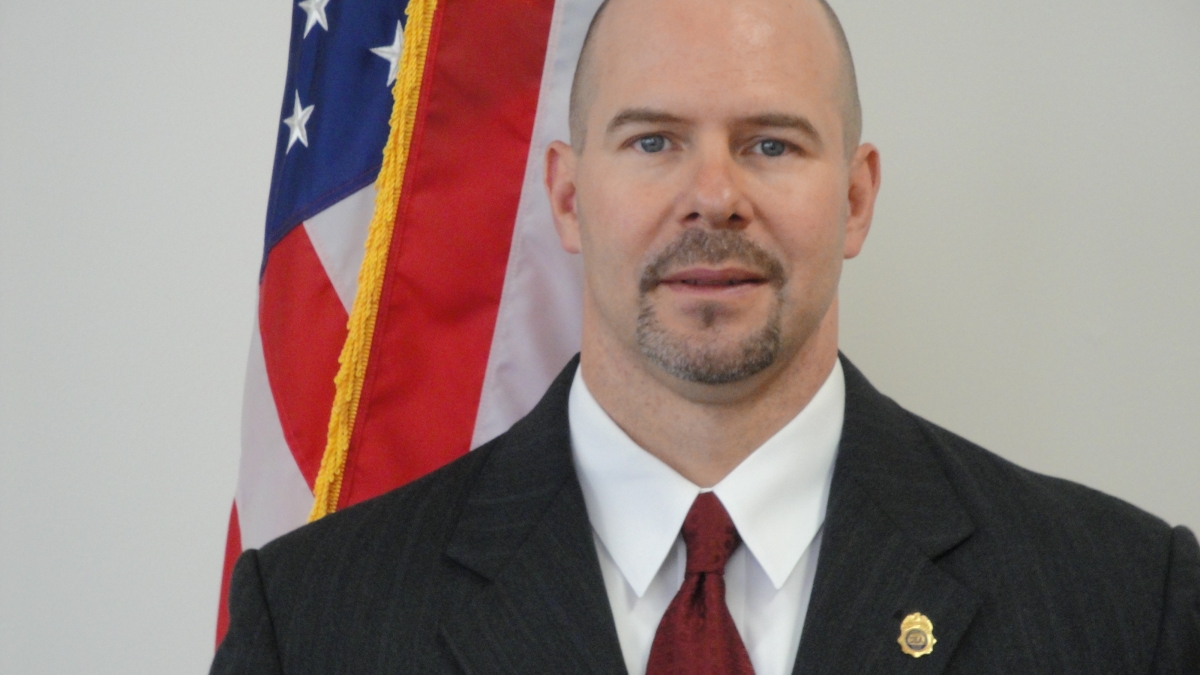Head of Phoenix DEA kicks off downtown lecture series

The head of the Phoenix Drug Enforcement Administration (DEA) says legalizing drugs is a bad idea, brings forth a culture of crime and that society will ultimately pay a high price down the road.
“The DEA, Arizona and the Human Factor” will commence the spring 2014 Humanities Lecture Series. Hosted by ASU’s School of Letters and Sciences and Project Humanities, the lecture starts at 6:30 p.m., Feb. 13, at the Walter Cronkite School of Journalism and Mass Communication, 555 N. Central Ave., Phoenix, room 128.
The lecture series, now in its sixth year, is open to the general public and is free.
The School of Letters and Sciences provides students across ASU with the knowledge and skills to comprehend and effectively engage the changing world of the 21st century at local, national and global levels. Theory, creativity and applied learning are integrated as students build entrepreneurial opportunities both inside the university and their communities.
The lecture will give the public a rare opportunity to interact with DEA Special Agent in Charge Douglas W. Coleman, who heads up the Phoenix Field Division. Coleman has been in the Valley since 2007, and his mission is to target, disrupt and dismantle the major Mexican cartels and organizations.
“Phoenix plays a very important role in how drugs are distributed throughout this country because after drugs are smuggled in from Mexico, this is the first stopping point for significant loads,” Coleman said. “Everything comes out of here first, and we’re the source city for everyone else.”
Coleman said despite the fact that a portion of the population will always believe that drugs harms no one else but the user, they should think twice.
“Besides the fact the drugs bring with it a culture of crime that includes murder, robbery, violence and child abuse, think about the health costs associated with alcohol and tobacco, which are legal,” Coleman said. “People might argue that if we tax the new revenue, we’ll build a stronger economic base, but the taxes won’t even pay for a fraction of the health costs. I say it’s a garbage argument.”
Coleman also shoots down the notion that legalizing drugs will render organized crime and drug cartels useless, and that they’ll go away.
“All we need to do is look at what happened to the mafia after Prohibition ended to know that criminals just don’t disappear. The drug cartel leadership is not going to drop out of site and go to law school,” Coleman said. “Criminals will always find another crime to commit or people to exploit. It’s what they do.”
While the issue of legalizing marijuana remains a highly debated issue, Coleman implores the public to think about the future.
“When people say they want to legalize drugs, they’re looking for a very easy solution to a complex problem,” Coleman said. “The question we need to ask ourselves is ‘What do we want our society to look like in 20 years, and will it make our country a better place to live?’ I think it’s a question our political leaders are asking themselves right now.”
The lecture series will continue on Feb. 27 with Matthew Whitaker’s presentation of “Race in Arizona and the Human Condition.”
For more information on the spring 2014 Humanities Lecture Series, call Barbara Lafford at 602-496-0623, or email at blafford@asu.edu

